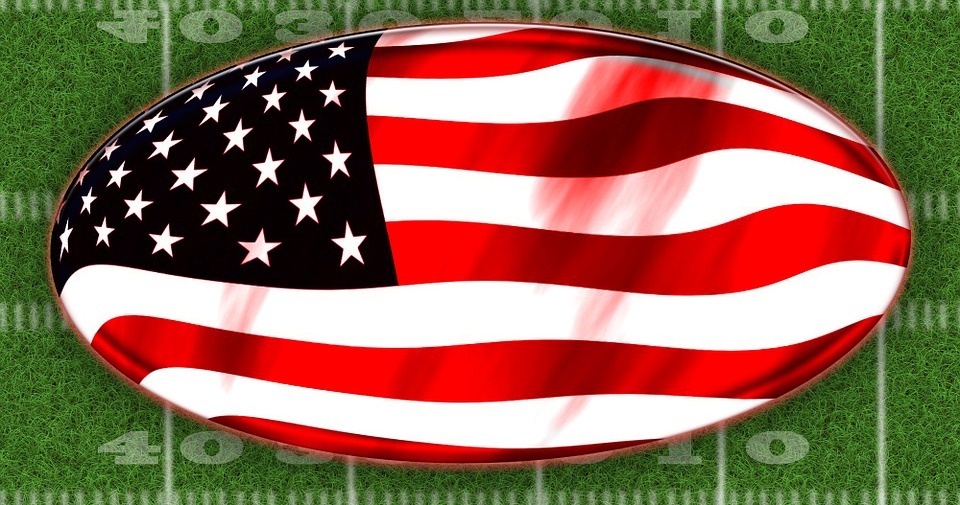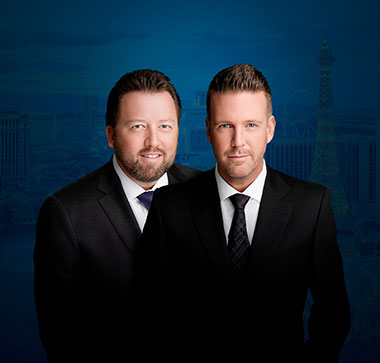To the chagrin of many and the elation of a loyal fanbase, the New England Patriots are NFL champions yet again. While their achievement is remarkable, the low-scoring capstone game was none too exciting. But disappointed fans will be fortunate if all they have to complain about is the lackluster performance.
Every year around a month into the new year, Americans gather around the television for a time-honored tradition. Less dignified than the State of the Union, and perhaps a little more relevant than the new season of “The Bachelor,” the Super Bowl draws millions of fans each year. While this year’s season was rife with controversy, from protesting players to questionable calls by the refs in the playoff games, an estimated 114 million individuals still tuned in for the big game. [1] For context, this is equivalent to roughly a third of the U.S. population.
For those of us too poor to buy a ticket to the event (the 99%), Super Bowl parties are the way to go. Friends gather together to watch the game at home or in sports bars. Snacks are shared, and friendly wagers are placed. Amidst all the festivity, quite a bit of alcohol gets consumed on Super Bowl Sunday. The average American spends $44 on alcohol alone during Super Bowl activities. In some areas, that number is even higher. Drinkers in the Midwest spend an average of $47 on alcohol for the game. Interestingly, New England fans spend the least money on alcohol, at an average of $41 a person. [2] Presumably, they didn’t have any need to drown their sorrows at the end of the game.
Unsurprisingly, Super Bowl Sunday frequently sees a noticeable spike in drunk driving arrests and accidents. Drunk driving arrests increased on nine of the last eleven Super Bowl weekends. States and cities with a hometown team playing in the game are more likely to see drinking violations increase (sometimes even tripling or doubling in number). Drinking violations by previous drunk driving offenders under court supervision spike by approximately 22 percent over the baseline, which is particularly worrying for others on the road. [3]
Alcohol is a dangerous substance when paired with festivity and travel days. Once an impaired person finds him or herself on the road, alcohol affects that person’s ability to drive by impairing muscle coordination, thinking, and reasoning. This can then lead to poor judgment, lowered alertness, and longer reaction times. [4] Any small distraction is now more liable to take the driver’s attention away from the road, and he or she is less likely to be able to avoid obstacles in the road.
Drunk driving fatalities (and total traffic fatalities) have been declining in the United States since the 1980s. Since 1982, fatalities caused by drivers under the influence of alcohol have declined by a whopping 48 percent. Among younger drivers (those under the age of 21), the reduction has been closer to 80 percent. While this is a huge improvement, the problem is still very real. In 2017, alcohol-related fatalities accounted for 29 percent of total vehicle fatalities. Over 37,000 people died in traffic crashes last year, with almost 11,000 of those deaths involving a driver with a blood alcohol content (BAC) of 0.08 or greater, which is above the legal limit. In roughly 70% of these accidents, the driver’s BAC was 0.15 or greater, or twice the legal limit. [5]
If you are out driving on a weekend like Super Bowl Sunday, keep an eye out for drunk drivers. Some signs that a motorist may be impaired include quick acceleration and deceleration, weaving across lanes, tailgating, driving off the road, nearly striking an object or another car, stopping for no reason, driving with no headlights at night, driving well below the speed limit, making illegal driving maneuvers, slow response to traffic signals, leaving turn signals on, or driving into opposing traffic. [6]
If you notice a drunk driver on the road, there are steps you can take to protect yourself and others from injury. Keep yourself safe by staying as far away from the impaired driver as you can. Don’t try to pass the driver or get their attention. Try to read their license plate and gather as much information about the vehicle as you can. Use a hands-free device to call 911, or pull over and call from the side of the road. Give the operator the location of the vehicle, any cross streets, and the direction the car is headed. Give as much information about the vehicle as you can so that law enforcement can identify the driver. Trust that law enforcement will do their best to locate the driver, and do not take matters into your own hands. [7]
If you are unfortunate enough to find yourself injured by a drunk driver, don’t panic. Do your best to move yourself and your vehicle out of the way of oncoming traffic to avoid further injury. Call for an ambulance and seek immediate medical attention if necessary. Even if you are not seriously injured, make sure you call the police to that the accident can be properly documented. Cooperate fully with responding officers and provide as much information as possible from the scene. Pictures taken with a cell phone can be extremely useful and can provide information about the scene as well and the driver and his or her vehicle. Finally, file an insurance claim and contact a personal injury attorney to make sure you understand your rights as an injured party. [8]
[1] https://www.cbsnews.com/news/super-bowl-lii-tv-ratings/
[2] https://www.foodandwine.com/beer/super-bowl-drinks-average-spend
[3] https://www.nhtsa.gov/risky-driving/drunk-driving
[5] https://www.madd.org/get-help/concerned-citizen/#whattodo
[6] https://www.madd.org/get-help/concerned-citizen/#whattodo
[7] https://www.harrybrownlaw.com/5-steps-to-take-if-you-were-hit-by-a-drunk-driver/


